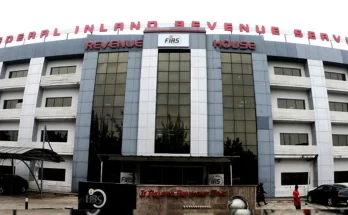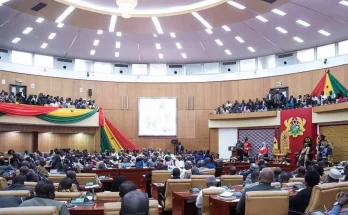The News In a Glance
This article was contributed by Bwalya Chilufya-Musonda and Joshua Mwamulima (Partners), and Mwansa Nachula and Precious Mwansa-Chisha (Associates) at Bowmans Zambia.
The authors analyse Zambia’s 2026 National Budget and its far-reaching tax and business reforms aimed at promoting compliance, equity, and alignment with global tax standards.The views expressed in this article are solely those of the authors and do not necessarily represent the views of Africa Tax Review.
Zambia’s 2026 Budget, presented by Finance Minister Dr. Situmbeko Musokotwane on 26 September 2025, introduces a suite of tax and business reforms aimed at improving equity, simplifying compliance and aligning Zambia with evolving global tax standards.
Property transfer tax and forfeiture of shares
The Minister has proposed several changes to the Property Transfer Tax Act (PTT Act) to enhance compliance and close loopholes that allow for tax avoidance. Specifically, the Minister has proposed limiting the types of share surrender or forfeiture that are exempt for Property Transfer Tax purposes. Currently, Section 6(1)(h) of the PTT Act exempts any share surrender or forfeiture where there is no consideration.
Additionally, the Minister has proposed extending the relief applicable to group reorganisation under Section 5(2)(A) of the PTT Act to cases that result in a change of shareholding in a company incorporated in Zambia, provided that the companies involved in the transfer have been part of the group for three years or more preceding the transfer.
This proposal will allow for the use of a nil realised value when transferring shares for the purpose of a group reorganisation, resulting in a change of shareholding in a company incorporated in Zambia, if the companies involved in the transfer have been part of the group for three years or more, preceding the transfer.
Currently, a nil value may be determined for PTT purposes when transferring shares in a company incorporated outside Zambia for the purposes of group reorganisation in two instances: first, when there is no change in shareholding with respect to the company resident in Zambia; and second, when the companies involved in the transfer have been part of the group for three years or more preceding the transfer.
Zambia’s 2026 Budget: Anti-fragmentation rule
The Minister has proposed the introduction of an anti-fragmentation rule to prevent multinational enterprises (MNEs) operating in Zambia from breaking up a single, cohesive business operation into multiple, smaller, and seemingly separate activities to avoid creating a permanent establishment (PE).
This proposal will align domestic law with OECD BEPS Action 7, which specifically targets the artificial avoidance of PE status through fragmentation and dependent-agent schemes. It also strengthens the country’s ability to curb base erosion and uphold internationally agreed standards for fair and effective cross-border taxation.
Beneficial ownership disclosure
The Minister proposed to amend the Registration of Business Names Act to mandate the disclosure of beneficial ownership information and enable Zambia to meet the international standards regarding disclosure of beneficial ownership as recommended by the Global Forum on Transparency and Exchange of Information for Tax Purposes.
See Also: Nigeria Enforces 10% Withholding Tax on Short-Term Investment Interest
Voluntary disclosures tax authority
The Minister proposed removing penalties that could be charged to a taxpayer who voluntarily discloses errors and omissions to the ZRA as a means of encouraging voluntary disclosure. Currently, there is no provision in place to incentivise taxpayers to voluntarily disclose and rectify their tax matters.
Exemption of private funds from income tax
The Minister has proposed exempting income earned and retained by private funds from CIT. Currently, only income distributed to participants is exempt. This amendment is designed to stimulate the growth of the private funds sector and make the country an appealing destination for investment.
Zero rate supplies to government projects funded through loans
The Minister has proposed to zero rate supplies of the government projects funded through loans to ease government cashflow. Currently, supplies to donor funded government projects are zero rated for VAT purposes while supplies to loan funded government projects are standard rated.
Zambia’s 2026 tax and business reforms balance revenue mobilisation with investor facilitation and global alignment. As Zambia strengthens its regulatory framework, stakeholders should monitor evolving disclosure requirements, restructuring rules and fund tax treatment to remain compliant and competitive.
About the Authors:
Bwalya Chilufya-Musonda and Joshua Mwamulima are Partners at Bowmans Zambia.
Mwansa Nachula and Precious Mwansa-Chisha are Associates at the firm.This article was originally contributed to Africa Tax Review by Bowmans Zambia.




